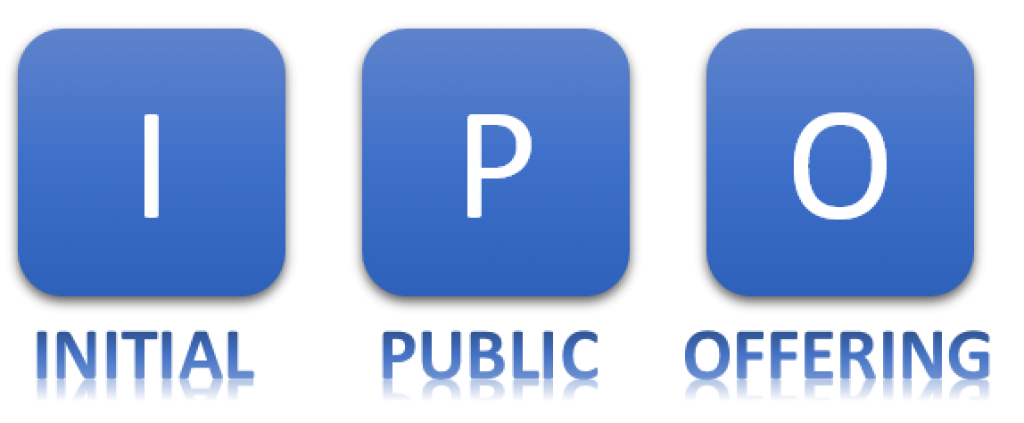
Initial Public Offering or IPO is when the company offers shares of stocks to the public for the first time.
Offering an IPO is also called ‘going public’.
With an IPO the owners of the company for the first time give a part of the ownership of the company to the stockholders or the general public.
While planning for an IPO the company has to select an underwriter or underwriters and an exchange where the shares issued will be publically traded.
Advantages of an IPO
- The company going public can raise capital easily by reaching large number of investors.
- It is a method of gaining popularity for companies which are less popular.
- The capital generated can be used by the company for further business, research and development.
- The company going public gets the benefit of being listed on the top exchange in the country.
- It can help the company going public to attract new talent through stock options.
Disadvantages of IPO:
- The time and process of offering an IPO is time consuming and expensive.
- The management remains involved in the IPO and the rest of the functions of the business suffer.
- After going public, the company becomes answerable to the shareholders.




